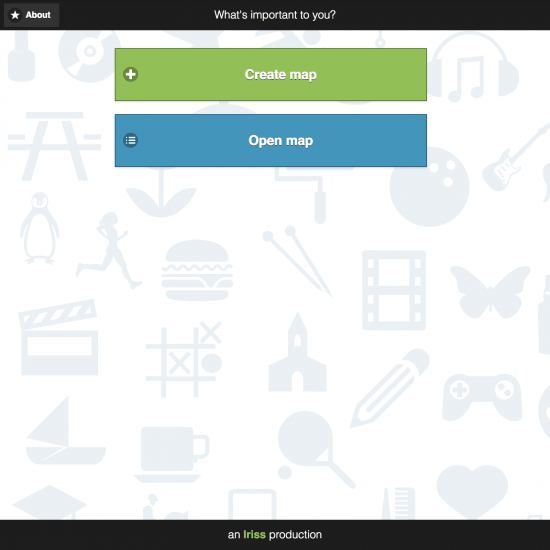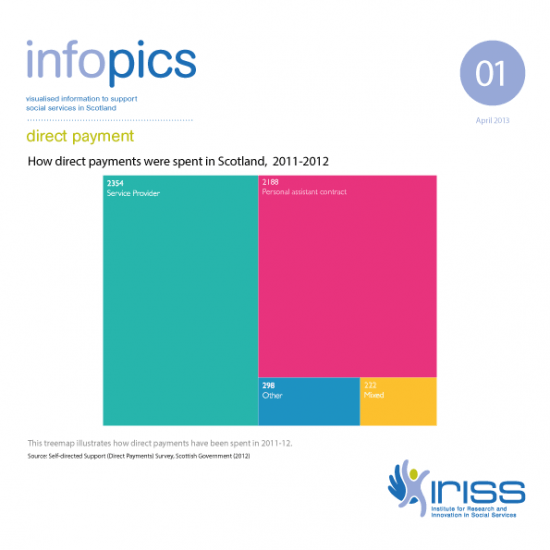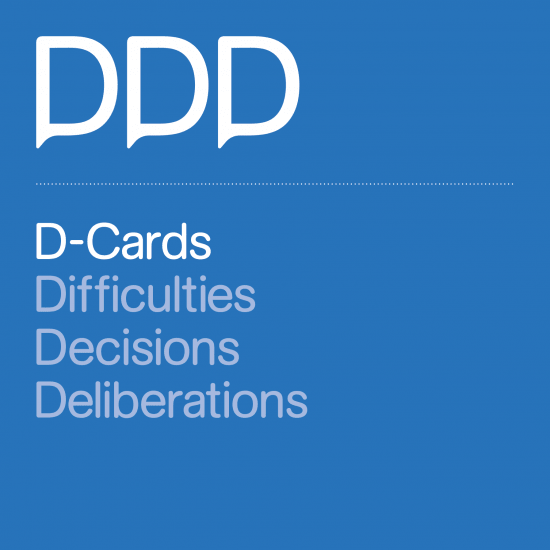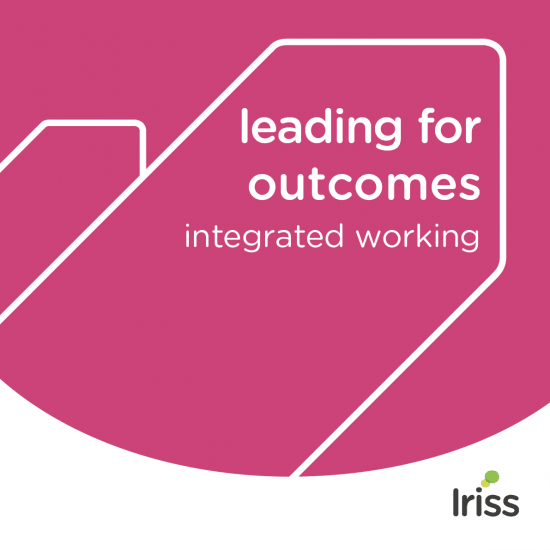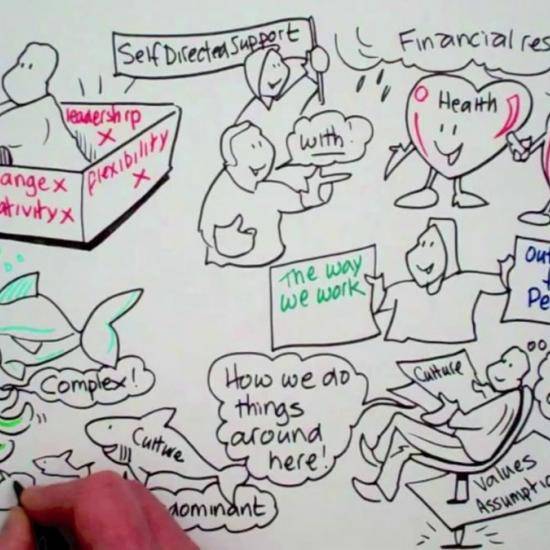Journeys back into work: Victoria Burns
Journeys back into work
Victoria Burns has cerebral palsy. Fraktul, a web design and marketing company, found helpful advice and support from Capability Scotland on making adaptations to the workplace to support Victoria.
One of a series of videos on the subject of supported employment, made by Iriss in partnership with SUSE (Scottish Union of Supported Employment).


